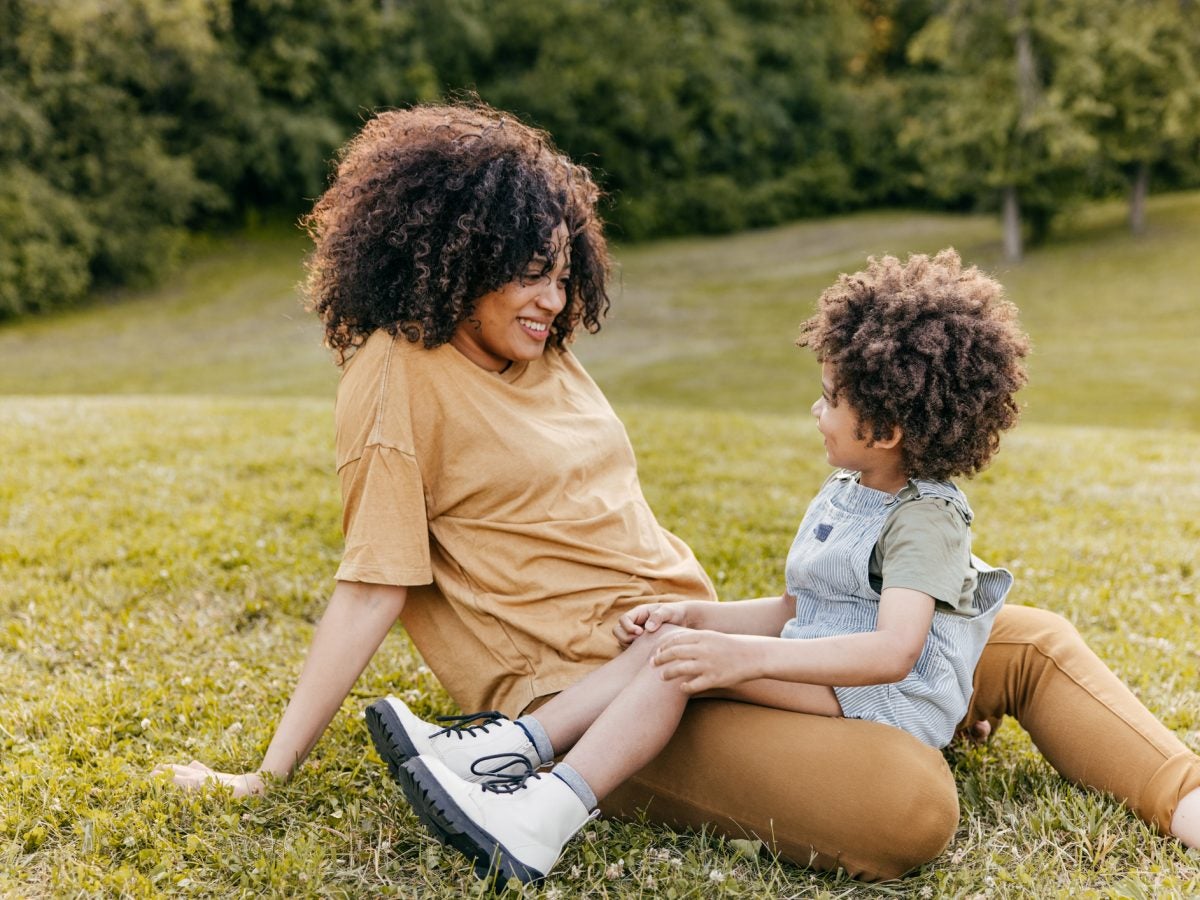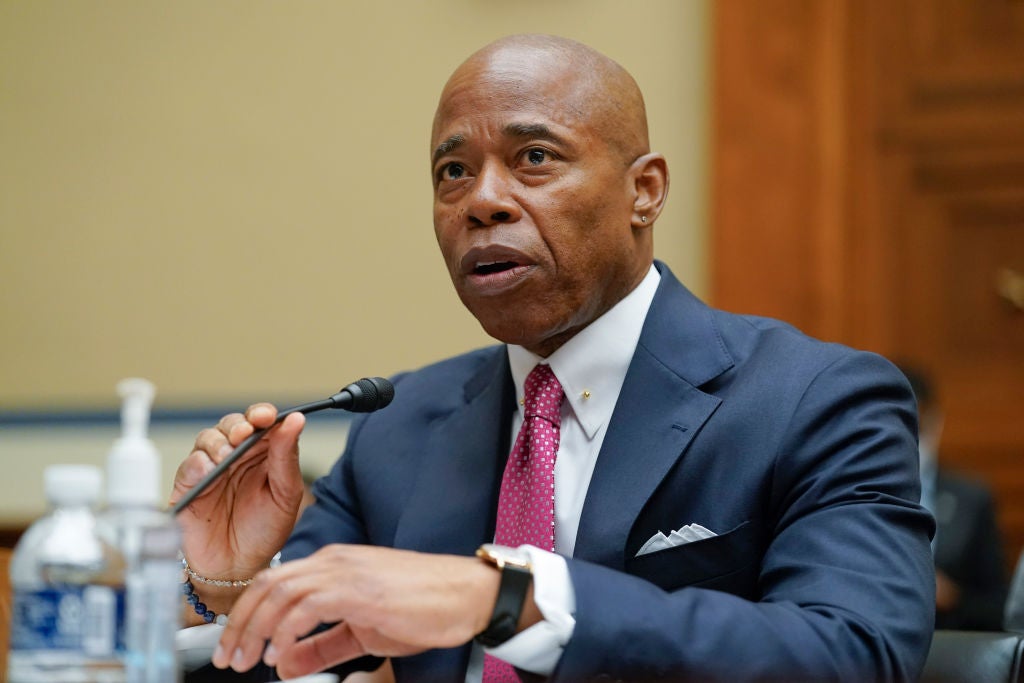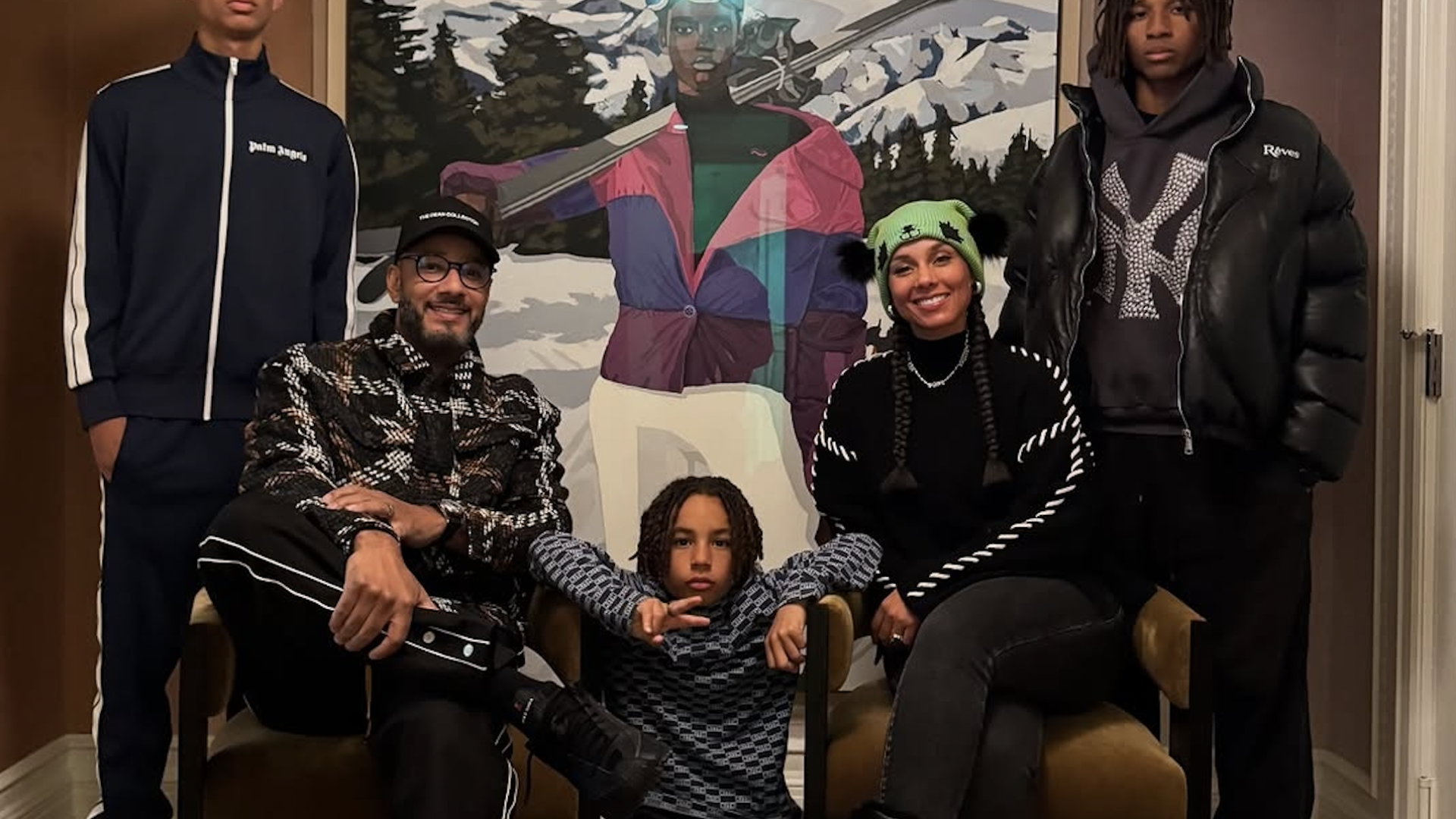
Purposeful parenting has been gaining in popularity among today’s moms and dads. It is the practice of parenting with intentionality and empathy, among other things. Those engaging in this practice operate affirmatively and hold themselves accountable for all aspects of their children’s development and well-being.
The American Academy of Pediatrics labels the six Ps of purposeful parenting as being purposeful, protective, personal, progressive, positive, and playful. July has been dubbed Purposeful Parenting Month by the U.S. Department of Health and Human Services. They, along with other government agencies like the Department of Veteran Affairs, have been promoting the parenting method, providing virtual as well as offline resources for those considering working the method into their child-rearing practices. We consulted experts to find out what purposeful parenting means to them and how it shows up for parents and guardians who’ve integrated it into their lives.
Purposeful Parenting Begins With Love
“Purposeful parenting is using your best intentions to love your family well while still loving yourself,” says mother of five and Momathon Diaries founder Christina Garrett.
Garrett prioritized clear communication after studying the practice. She appreciated it and now advocates for “speaking to your kids with more attention.”
It requires the kind of patience that both children and parents can benefit from. “I think that the concept is attached to gentle parenting in a way,” she continues. “Part of it also stems from me knowing how to connect with myself well so I can press pause when I need to and then come back to the many conversations that you have raising kids. I can come back to speak into them in a gentler way.”
Soon after adopting the practice, she was interacting with her children by “trying to learn their love language,” something people often think is of importance only to adults in romantic relationships. She was also taking time to communicate her own love language to them to bolster their emotional intelligence.
“I’m intentional about loving them,” she says about her relationship with her children.
Lydia Simmons, a mother of two and founder and CEO of Raffe Healthy Kids, appreciates the way purposeful parenting has encouraged transparency in her home. “Both of our kids can really explain themselves very well and communicate what’s right and wrong,” she shares.
Purposeful Parenting Includes Accountability
Lydia Simmons says explanations go both ways in her household when describing the role accountability plays in purposeful parenting. “You’ve got to be able to apologize,” she says. “You’ve got to be able to explain yourself long. Gone are the days of ‘because I said so’ with no explanation.”
For Thomishia Booker, a parent, early childhood expert, and the author of the Hey Carter! children’s book series, purposeful parenting forms the basis of how her family interacts with one another. “The most rewarding part is really seeing my kids live their full potential, you know? And be who they’re meant to be and supporting them, and really having love and connection,” she says.
Garret brought the “focus” tied to purposeful parenting to her journey by emphasizing practical skills that would allow the family to maximize their quality time together. “I had to slow down [and] teach them what they needed to know so that I could delegate to them,” she says. The practice encourages parents to participate in the behavior they want to encourage.
Booker can see her attempts to model purposeful parenting behavior taking root when her children encourage her to practice self-care. “I see them remind me like, ‘Hey mom. Aren’t you supposed to be, you know, taking some time for yourself?’ They will reflect the exact environment that we are trying to cultivate. I think that’s really the true sign that things are going really well.”
She’s glad that this parenting method is being promoted widely.
“I think, all around, parents need tools. They need support,” she declares. “It’s very difficult to be a parent, especially for those who have not been able to kind of do that deeper work within themselves. So we definitely want parents parenting with purpose.”
Purposeful Parenting Can Show Up in the Classroom
Deja L. Jones, M.Ed, co-founder and co-head of the Honeypot Montessori school in Newark, New Jersey, sees the evidence of purposeful parenting show up in the classroom. “Purposeful parenting is definitely something that we’re seeing a lot more now,” she shares.
“I think being a purposeful parent just from a teacher’s perspective is really thinking about your child as their own individual. Children are not properties; they’re people, and they’re coming into an awareness,” says Jones. “They’re developing their social and emotional skills. They’re taking in everything that they see around them.”
Simmons agrees. She does not believe in banishing children to a “kids’ table” at family functions or treating them as though they are less than, or how they feel doesn’t matter because they are young. “You have to treat them like people and not like they’re objects that are expendable,” she says.
Jones sees a difference in children from homes that incorporate elements of the practice.
“They tend to come to school a little bit more aware, a little bit more understanding. Temperaments are a little bit different,” she says.
Purposeful Parenting Can Be Mixed With Other Methods
“There’s been like this binary way of how we think about parenting,” says Deja L. Jones, who previously taught in both charter and public schools. “You’re either this authoritarian or authoritative figure as a parent where you dish out tough love and firm discipline to your kid in a way that might be harmful to them long term, and then you have gentle parenting, which is on like the other end of the spectrum.”
A. Rochaun Meadows-Fernandez, writer and researcher who founded the Free Black Motherhood community, also rejects this way of thinking. She points out that “it’s always possible to combine styles.”
Meadows-Fernandez chose to implement an authoritative parenting style after studying family systems to obtain her psychology degree. She and her husband consider their children’s input, but they have the ultimate say.
“I just kind of figured out which one works for me best,” she says. “I believe in the full dignity and capacity of my children to have influence over the decisions that I make for them; we do things collaboratively.”
She advises other parents, whether they want to try purposeful parenting or not, to do their own research on different methods and choose what works for them.
Says Meadows-Fernandez, “I think that you should take the components of what works for you and your family and your circumstances and children.”




